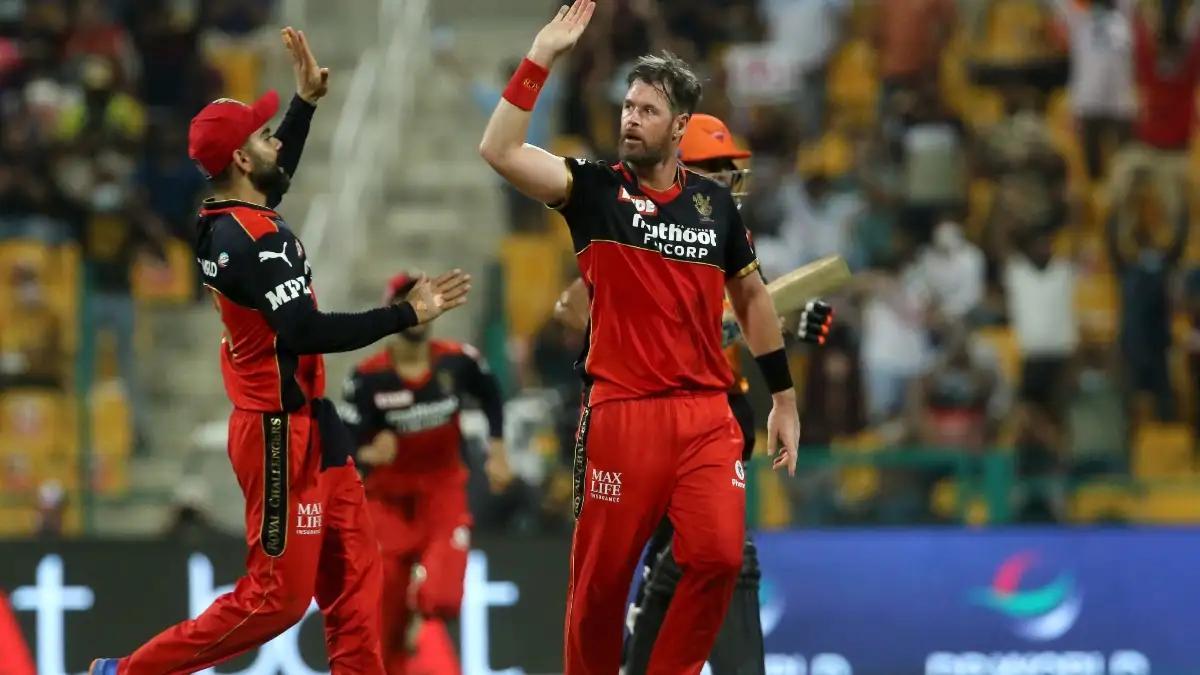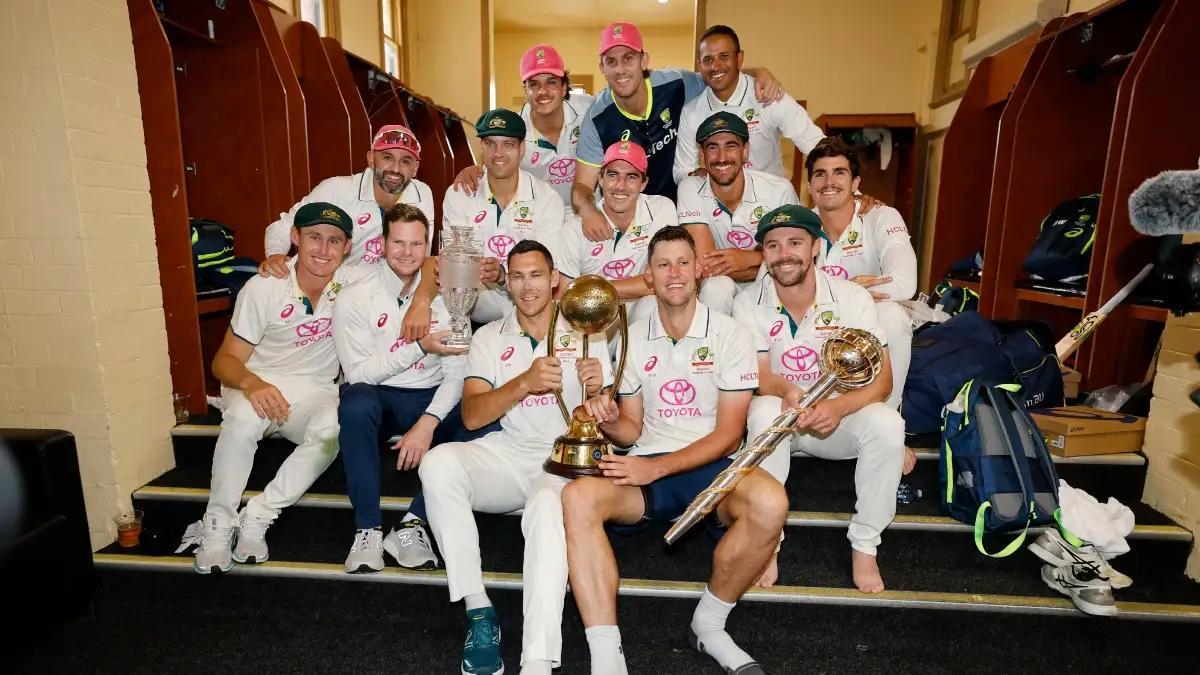
In yet another instance highlighting scheduling challenges, the much-anticipated first semi-final of the boys U-16 Ahmed Sailor tournament faced significant setbacks on Thursday. The match, originally slated to commence at 9.30 am, was to pit Cathedral & John Connon (Fort) against Chatrabhuj Narsee School (Kandivli). However, the event experienced a considerable delay due to unexpected logistical issues. Both teams arrived at the venue on time, yet found themselves waiting due to the unavailability of essential match components, notably the match officials and match balls.
This delay is emblematic of a recurring issue within the Mumbai School Sports Association (MSSA) this football season. Keeping to a strict match schedule has been elusive, with several fixtures this season witnessing similar hitches. Thursday’s delay added another layer to this already complex issue, with implications that rippled throughout the day’s scheduled events.
The assigned referee, Harry Fernandes, typically expected to arrive 30 minutes before the kick-off, reported at the exact starting time of 9.30 am. In a conversation with mid-day, Fernandes clarified that his arrival was in accordance with the reporting time he received from MSSA, suggesting an internal miscommunication. Besides the late arrival of the referee, match balls—crucial to starting any game—were also inaccessible, as the room where they are stored was locked without notice, further amplifying the delay.
The game’s eventual start was pushed to 10 am, causing the subsequent semi-final, which was planned for a 10:30 am kickoff, to be rescheduled as well. Such disruptions not only frustrated players and coaches but also raised concerns about the operational management of inter-school sports events.
MSSA football secretary Sebastian Fernandes acknowledged the unfortunate nature of the delay. He expressed: “The coaches informed me about today’s postponement.
. It’s unfortunate, but I cannot directly contact the referee as that responsibility lies with the chief referee, Tapan Ghosh. Our task is limited to notifying the officials about match timings. I intend to report today’s delay to Tapan, and he will address it accordingly. Moreover, regarding the excessively locked referees’ room, I plan to discuss this with the Brother at St Francis School, who holds the authority over the venue. I need to uncover the reason behind the miscommunication regarding key accessibility, which ultimately caused the delay,” Fernandes elaborated.
This incident further emphasizes the pressing need for MSSA to refine its coordination and operational protocols. The repetitive nature of these delays has consequences beyond mere inconvenience; such issues can affect the players’ focus, the fairness of the competition, and the overall reputation of MSSA’s tournament organization. Moreover, these setbacks necessitate further dialogue between the administrative bodies, including clearer communication channels and listed responsibilities regarding venue management and event coordination.
Understanding these underlying issues, stakeholders and officials involved in organizing the tournaments must consider a multitude of improvements. These could include the creation of a more robust schedule that considers potential hitches, earlier inspections of venues, ensuring the availability of equipment, and ensuring adequate personnel are on-site well ahead of the scheduled times.
Despite the obstacles faced, the spirit of competition remains vibrant among the young athletes and their dedicated coaches. Both Cathedral & John Connon and Chatrabhuj Narsee School demonstrated commendable patience and professionalism as they waited for the match to proceed. Their enthusiasm and commitment underscore the essential need for the smooth facilitation of such events without logistical bottlenecks.
As the tournament progresses, all eyes are on the MSSA to see how these issues might be addressed in future fixtures. An immediate and comprehensive review of the bottlenecks could not only mitigate repeat occurrences but also lay a foundation for more professionally managed sports events in the future. Recognizing that young players’ experience is on the line, stakeholders must prioritize improvements to nurture not just athletes, but the entire ecosystem surrounding school sports, ensuring that fairness and enjoyment are at the forefront of these competitions.










